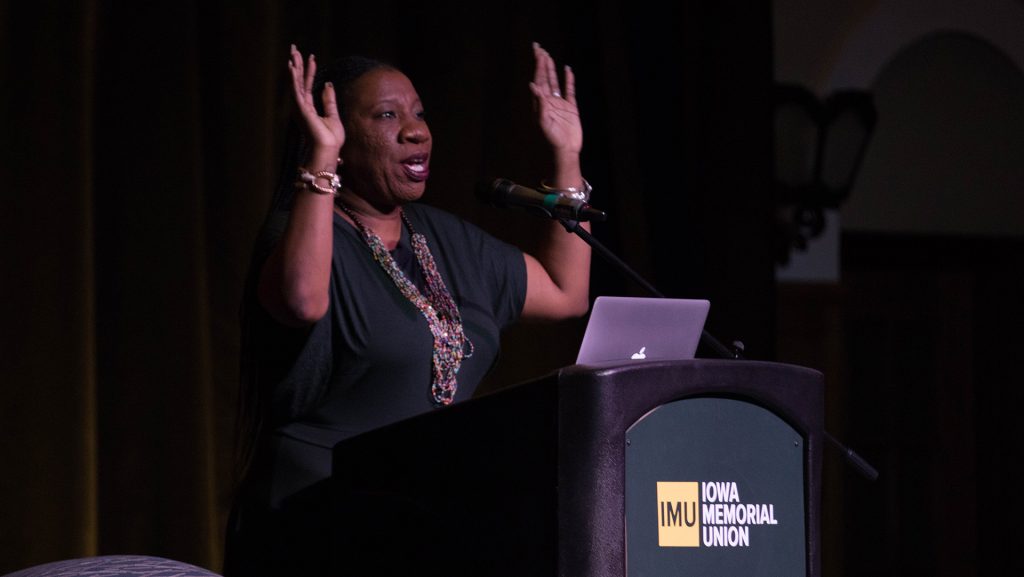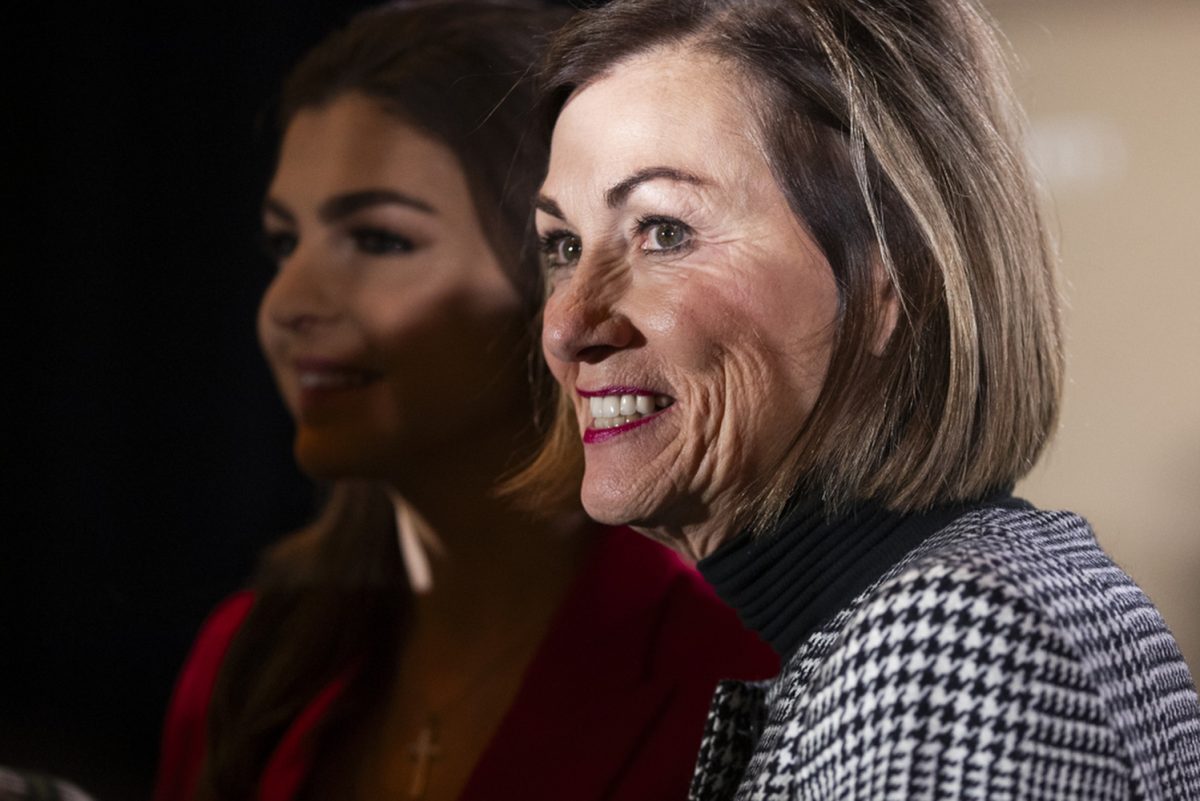As men and women alike continue sharing in the conversation of equal status, #MeToo, Time’s Up, and the overall economic system, we discover that women are still fighting against a systemic force that has kept them hindered far too long.
Taylor Newby
With the conclusion of Women’s History Month arriving in just a short couple of days, women in leadership has arisen in conversation more than once on campus. With Tarana Burke, the powerhouse woman and founder of the #MeToo movement, delivering a riveting lecture Tuesday, March For Our Lives in full force, and the semester only weeks from wrapping up, discussions about the initiative have come with intention.
An important conversation to have, and to continue to have, is one of opportunity. As students, we are constantly searching for moments of which we can reach just a little further toward our goal, our big dream, our career. Because in reaching toward these moments or opportunities, we build the foundation of who we are in our studies, or our goals, and who we are in ourselves.
But as men and women alike continue sharing in the conversation of equal status, #MeToo, Time’s Up, and the overall economic system, we discover that women are still fighting against a systemic force that has kept them hindered far too long. Though great progress has been made in the fight for equal pay and equal voice, there is still much to be talked about.
RELATED: #MeToo movement founder Tarana Burke shares vision
As a woman pursuing a career in journalism, I have been on the receiving end of many sexist microaggressions — situations in which I have been in conversation with fellow students and even family members and I’ve told them what I’m studying or what I plan on doing with my major, and they’ve responded with, “Wow, that’s pretty risky. Being a woman and all, careers in journalism are male-dominated. Are you sure?”
The intention behind what they are saying to me isn’t always cruel, and they don’t mean to sound discouraging. But what I receive from their slanted comments is doubt — as though, being a woman, I’m too weak to stand up for myself, to write with my own voice, to create material that is both good and informative. And so is it with many different occupations.
Women are deemed weak, unable to handle the volume of their own voice, and discouraged from the passions they are so purposefully pursuing.
RELATED: Program pushes female leadership
According to Psychology Today, women across America find themselves wondering why they feel as if they have been iced out of meetings with their male coworkers, why they walk away from conversations feeling unheard, and why — when they offer force behind opinions and passion behind presented strategy — they are responded to negatively by men.
A 2016 Lean In/McKinsey & Co. survey of 132 companies and 34,000 employees found that women were 30 percent more likely than men to be called intimidating, aggressive, or bossy when negotiating for promotions.
There is something to be said about the promotions (and lack thereof), passions, and presentations of women in leadership altogether. Women have been battling against countless companies that have put them in a box. And with men and women from every context coming alongside them, conversation is initiated, which leads to force of action, which then provokes change.
As students, we are given opportunity to initiate movement with intention. And it begins by talking.










